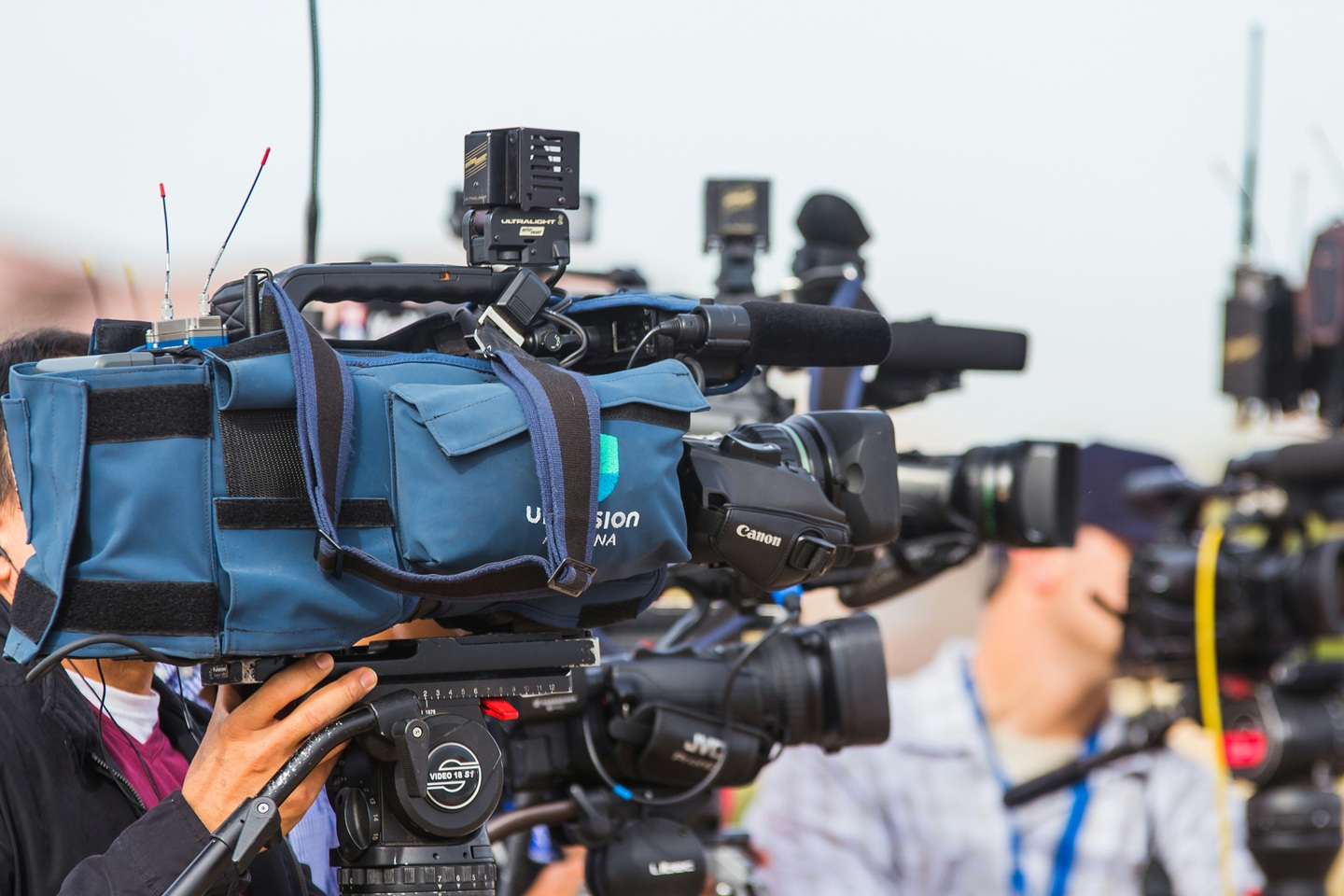In the aftermath of an accident—especially one that captures public, or even global attention—there is a strange and painful paradox: the more traumatic and personal it is for those involved, the more likely it is to become food for headlines, speculation, and armchair commentary. The world watches, judges, and reacts, often without empathy, and almost never with a full understanding of the facts. When the cameras stop rolling and the social media storms quiet, those who lived through it are left to carry the weight—not only of the event itself, but of the public’s version of it.
This is one of the cruelest aspects of surviving: the disconnect between what the world thinks happened and what actually happened.
Sensationalism sells. We all know that. The more dramatic, chaotic, or mysterious the accident, the more attention it gets—and attention is currency. Truth becomes a resource mined selectively, twisted into narratives that fit headlines, and led by those looking for something to gain. Pain becomes entertainment. Grief becomes gossip.
Often when reality is distorted it’s because the narratives are driven by individuals who weren’t actually there—who weren’t recently involved, or even affiliated. From a distance, they step in to tell the story, armed with hindsight and bold declarations. Their claims, built on outdated knowledge or long-past experience, ignore the reality of growth, revisions, evolving safety protocols, and cultural change.
These misconstrued accounts don’t just distort the truth—they serve to boost reputations, protect egos, and inflate credibility by distancing the storyteller from the tragedy itself. And in doing so, they obscure the real lessons, bury the humanity of those lost, and make the truth harder to find.
When the Story Isn’t the Whole Story
History has no shortage of accidents that were misrepresented or sensationalized:
-
The Costa Concordia disaster (2012): The ship’s captain was vilified worldwide, largely due to early and misleading headlines that painted him as a reckless coward. While his actions were certainly flawed, the broader systemic failures—from corporate pressure to procedural confusion—were rarely covered with the same intensity. Survivors and crew members were left to navigate not just trauma, but a public that had already made up its mind.
-
Malaysia Airlines Flight 370 (2014): The mystery of the missing aircraft turned into a global spectacle, spawning conspiracies and wild speculation. The families of those aboard were retraumatized again and again by each new unfounded theory, each attention-grabbing headline. The real human cost of waiting for truth in a void of misinformation was largely overlooked.
There are countless other examples—accidents in the mountains, underwater, in the sky, and on the road—where truth becomes secondary to virality. And in those moments, it feels like survival itself is not enough.
Reclaiming Your Truth
So what do you do when the world has an opinion about your worst day?
You return to what you know.
The facts. The decisions you made in the moment. The training. The truth that lives in your bones, your memories, and your integrity. You remember that survival isn’t about being understood—it’s about enduring, learning, and healing.
That doesn’t mean ignoring criticism. Sometimes, there is truth in what’s said, and growth can come from honest reflection. But it means refusing to let the noise define you. You are not a headline. You are not a tweet. You are not a public failure or a symbol of disaster.
You are a human being who lived through something really hard—and you’re still standing.
Setbacks or Hurdles?
When public perception turns against you, it can feel like a major setback in your survival journey. Like all the work you’ve done to heal, recover, and move forward has been wiped away by someone else’s narrative.
But it’s not a setback. It’s a hurdle.
Setbacks take you backward. Hurdles require you to lift your eyes, plant your feet, and leap.
This is not the end of your story. It’s a chapter—one where your resolve is tested, your truth is sharpened, and your character is forged.
And you don’t have to do it alone. Surround yourself with people who were there. Who know. Who remind you of what’s real. Lean on your community. Lean on your convictions.
The headlines will fade. The truth will not.
Keep surviving. Keep showing up. Keep owning your story.
The world will never fully understand what you went through—but you do. And that is more than enough.


